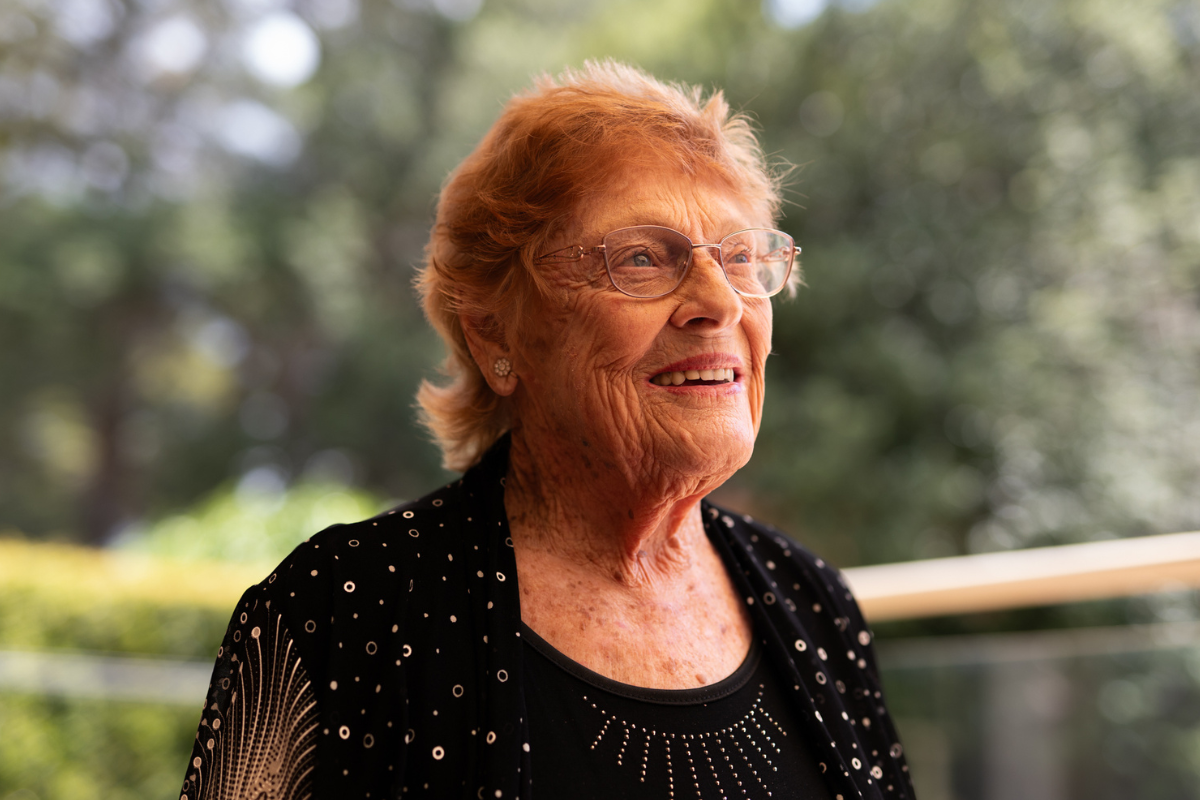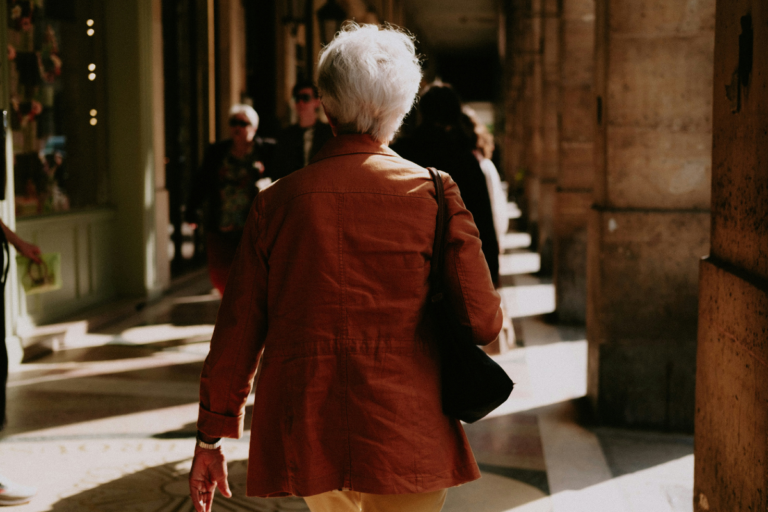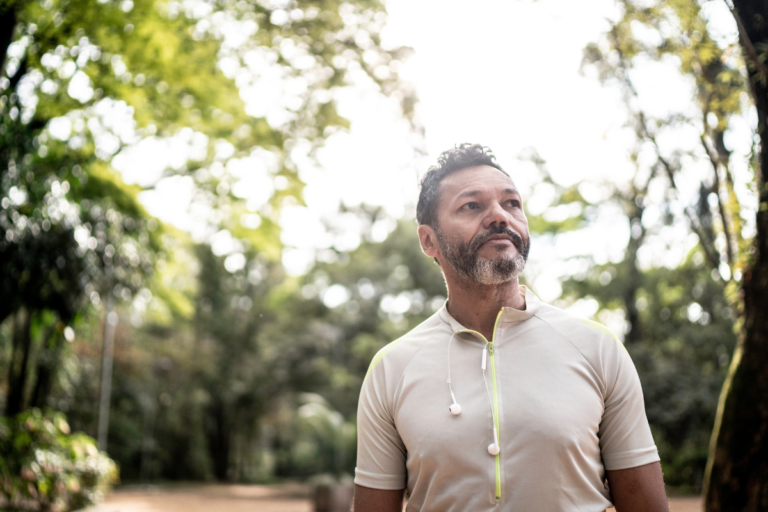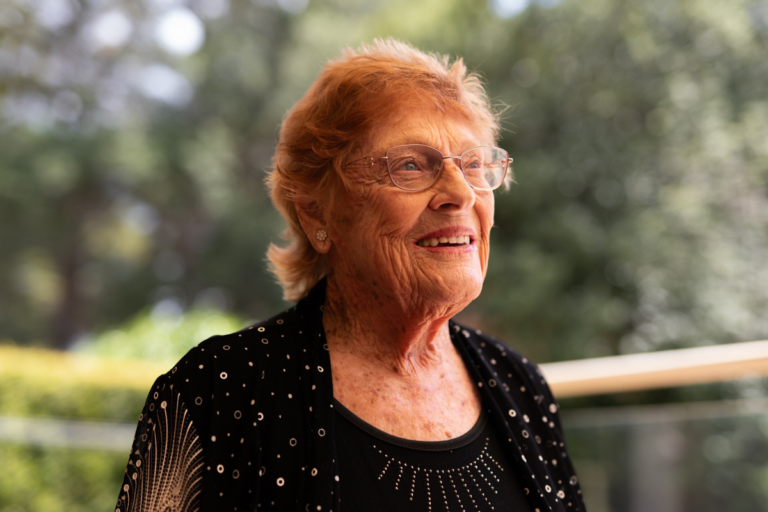Mavis was 83 years old when she first learned the name of her biological father. Not only that, it was the first she heard that she had two half-siblings somewhere out in the world.
Born in 1937 to a young, single mother, Mavis and her twin brother, John, were put up for adoption a month after they were born. Her mum only agreed to sign the papers after she was assured that they were going to a wealthy family in Sydney’s east.
Only a few months later, the twins were returned to child welfare, neglected and malnourished, with Mavis later being diagnosed with pneumonia.
At 20 months old, the two siblings were adopted together by a different family in Sydney, where they were well cared for and educated, but rarely heard the precious words, “I love you”.
Growing up an outsider
Mavis recalls being told at 6 years old that she was adopted but had no idea what it meant.
“My brother and I put our heads together in the backyard and we said, ‘What does that mean? Is it like measles? Do we get spots?’. We didn’t know what it meant until [later on],” she says.
This word – adopted – haunted them throughout childhood, with their extended family, neighbours, and even people at school ostracising them. Mavis remembers, after getting into trouble in class, the principal saying, “But then where you came from, what else can I expect?”.
Her adoptive parents didn’t speak of their heritage or share any information about their biological family, beyond being shown their birth certificates in their adolescence. These prized possessions, which are now carefully copied and stored in zip-locked bags, revealed several things about their family history.
One of them was that Mavis was born a Marion. While her brother’s name had remained unchanged, her adoptive parents had decided she must become a Mavis. She can’t envisage being called anything else now, but it’s saddening to imagine a little toddler suddenly having to respond to a new name.
But what wasn’t divulged in these documents was any information about her parents. Where her mother’s details should have been, a razor blade had carefully cut it out. Her father’s? Left blank, never filled in.
These continuous denials of their heritage and true identities stayed with Mavis and her brother.
“I was a happy child but we always had something in the back of our minds that questioned, ‘What was this?’”
Finding their mother
John was determined to find their mother, following every lead he was given. At 21, he turned up on the doorstep of his maternal grandmother’s house, who connected them to their mother, Hazel. She had since remarried and had an 11-year-old daughter, Lee. It took Mavis a few months to reach out to her mother – wanting her adoptive parents to know, and also so she could be certain it wasn’t a one-off.
“I felt like she was a stranger, but we slowly got some sort of a connection,” she recalls.
“From then on, it was 50 years. I went and visited her, I shopped for her, went to the library to get books for her. I did that once a fortnight and we always stayed in contact, until she passed away.”
Mavis also speaks fondly of Lee, whom she remains in contact with to this day.
Over the years that she cared for her biological mother, Mavis would occasionally ask about her father. To this, she received a clear message: not up for discussion.
Then, in a tragic turn of events, John suddenly passed away at the age of 64, never knowing anything about his father.
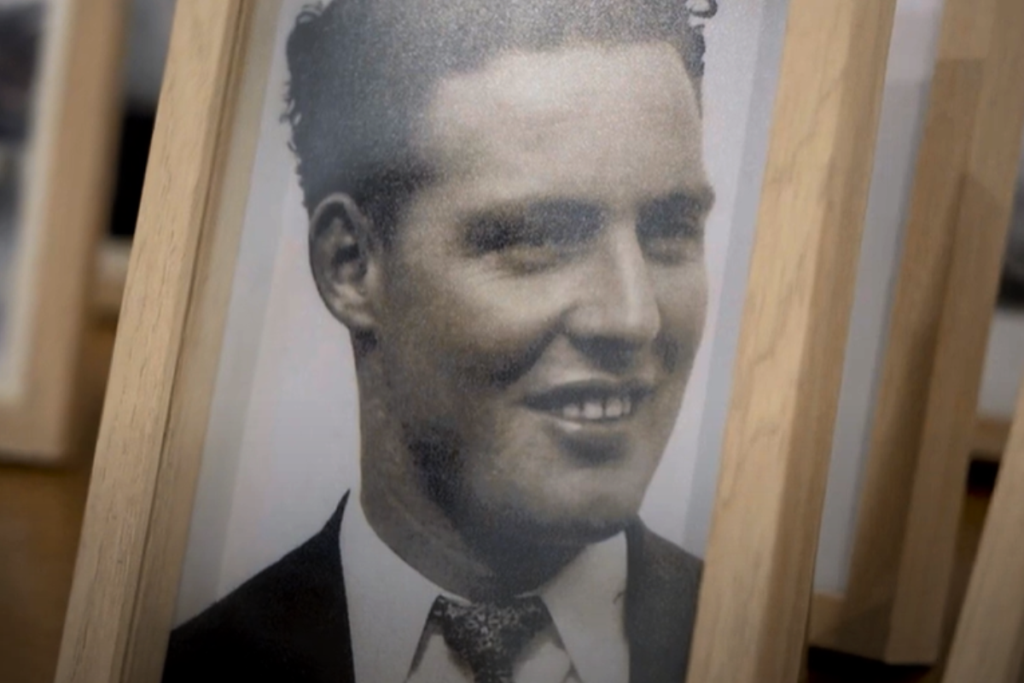
At this point, it could have been easy for Mavis to give up hope. John was the one who had driven so much of the search and their mum had died not divulging any names. But, that’s not the sort of people Mavis and her family are.
With the tireless help of one of her daughters, Jennie, and son-in-law, Murray, Mavis kept looking.
“It was our right to know who I was, where we came from. I wanted to pick up where my brother left off. I didn’t want to upset any families, but it was my right to know.”
A sliding doors moment
Fast forward two decades and Mavis was living in a retirement village flipping through a local seniors’ magazine. She noticed an article from a doctor based in Queensland, who was also adopted, and had looked for his family with the help of a local organisation, Jigsaw.
She remembers his words: “For those of you who are seeking to find your heritage, don’t leave it too late because time is running out.” Mavis called the doctor, who referred her to our Forced Adoptions Support Service at Wattle Place.
“When I saw that article, it was a lightbulb moment for me. I thought, ‘Even though my brother isn’t here, we will get the answers.’”
She was connected with Erin, a caseworker at Wattle Place, and after that, “things moved very quickly”. Mavis completed a DNA test, which revealed a number of matches on her father’s side. With this information, the Wattle Place team started investigating the family tree and connecting with various matches to learn more.
They also worked closely with Mavis’ family who were doing their own detective work. After months of work, they found a gravesite, just five minutes away from Jennie’s house, that they thought could have been Mavis’ father. On the headstone, there were two children’s names, which Erin started tracking down.
The Wattle Place team applied for Mavis’ adoption records with the NSW Adoption Information Unit, as well as hospital and medical information from when she was an infant. They then completed searches with Births, Deaths and Marriages for any relevant certificates relating to family members. Finally, electoral searches tried to locate particular people they wanted to contact.
With that, they sent off tracing letters to two people, and eventually discovered those children’s names were that of Mavis’ half-siblings, Mary-Jane and Mark.
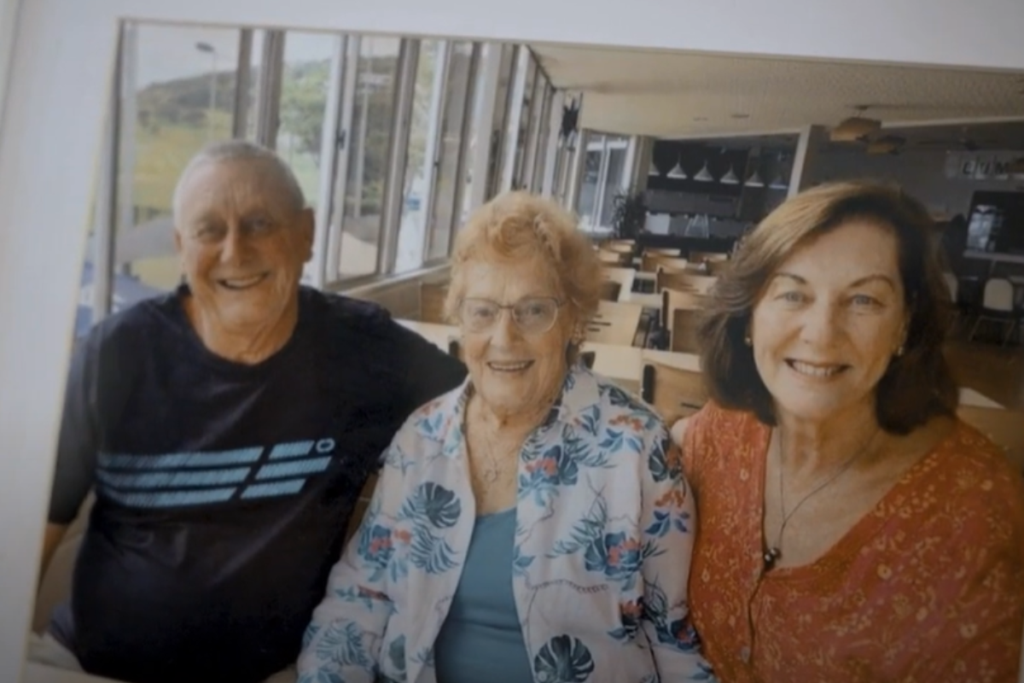
Through this, they also finally unearthed the name of their father – John. Just like her brother.
“That was a gift to me. It was the most amazing thing that I could start to find my father. The only thing through all of this, I just wish my brother was here. I was so disappointed – he would have loved it.”
Sticking by each other
Now, Mavis is surrounded by her family on all sides – many strong women who crack jokes and wrap their arms around one other. Mary-Jane, her half-sister, is always close to her side and becomes teary remembering her first meeting with Mavis, which she says was a “euphoric moment”.
“It was the best day of my life… Better than my marriage. I knew I was going to marry my husband, but I never knew I was going to be presented with a sister,” she says.
“I’ve got dad next to me – Mavis has his personality and his looks. I know if my father could have been there for that moment, he would have been so happy. He would have really loved having Mavis and John as his son and daughter.”
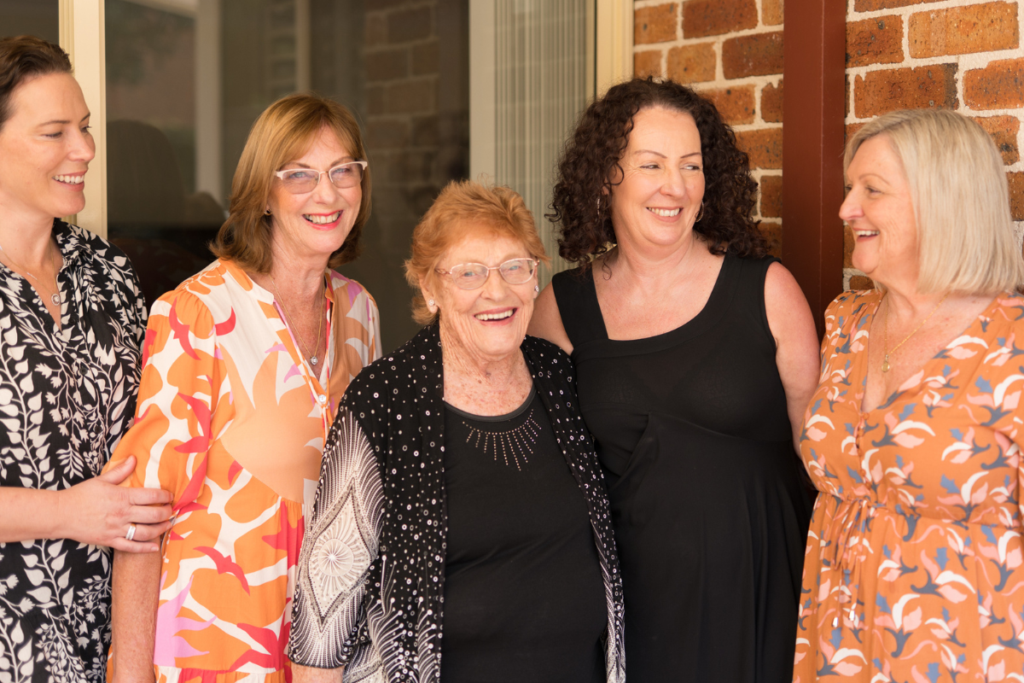
The whole family is acutely aware that this is a happy ending not everyone gets. Not everyone gets welcomed with wide open arms and unconditional love. But Mary-Jane says it was her father who raised them to see the positive in life.
At 88 years old, Mavis says she feels closure.
“I am so blessed. I finally feel at peace now that I’ve found the missing pieces to my story.
“I want people to know that I am someone and I do belong. I’m someone who never gave up and always tried to remain positive, no matter what was sent my way. You deserve to know the whole story of your life, no matter what.”
We provide counselling, casework, and family tracing to people affected by forced adoption practices through Wattle Place’s Forced Adoptions Support Service – you can get in touch with us on 1300 364 277 to learn more.
Supported by the Australian Government Department of Social Services.
Related Services & Workshops
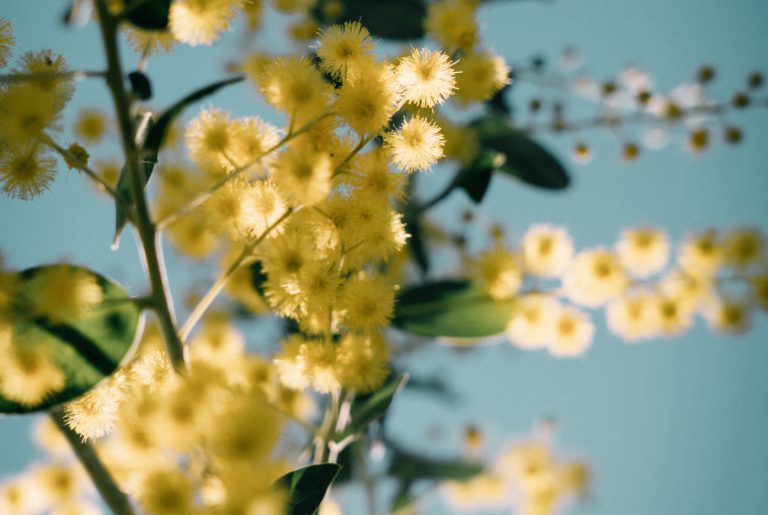
Tailored Services.Individuals.Trauma.Aboriginal + Torres Strait Islanders
Wattle Place
Wattle Place offers inclusive support for adults who experienced institutional or foster care as children, were impacted by forced adoption practices, or experienced institutional child sexual abuse. Our services provide assistance personalised to your individual needs and experiences.
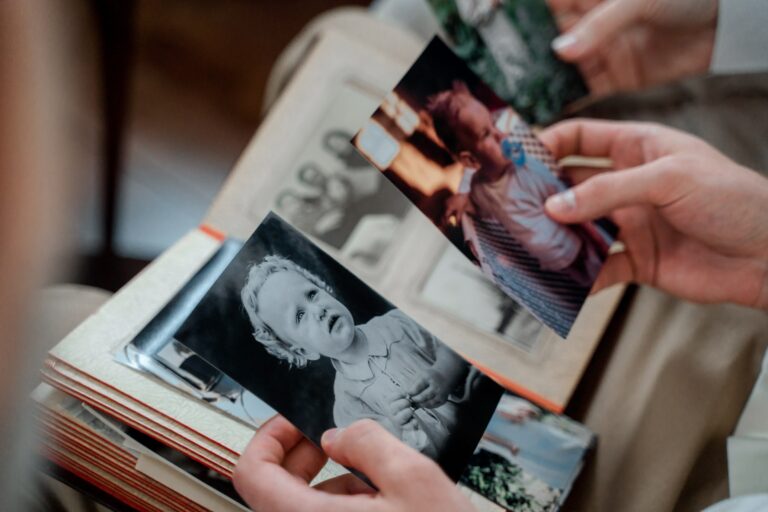
Tailored Services.Individuals.Trauma.Aboriginal + Torres Strait Islanders
Forced Adoptions Support Service
A free support service for people impacted by past forced adoptions. Funded by the Australian Government Department of Social Services and delivered by Relationships Australia NSW’s Wattle Place centre.


